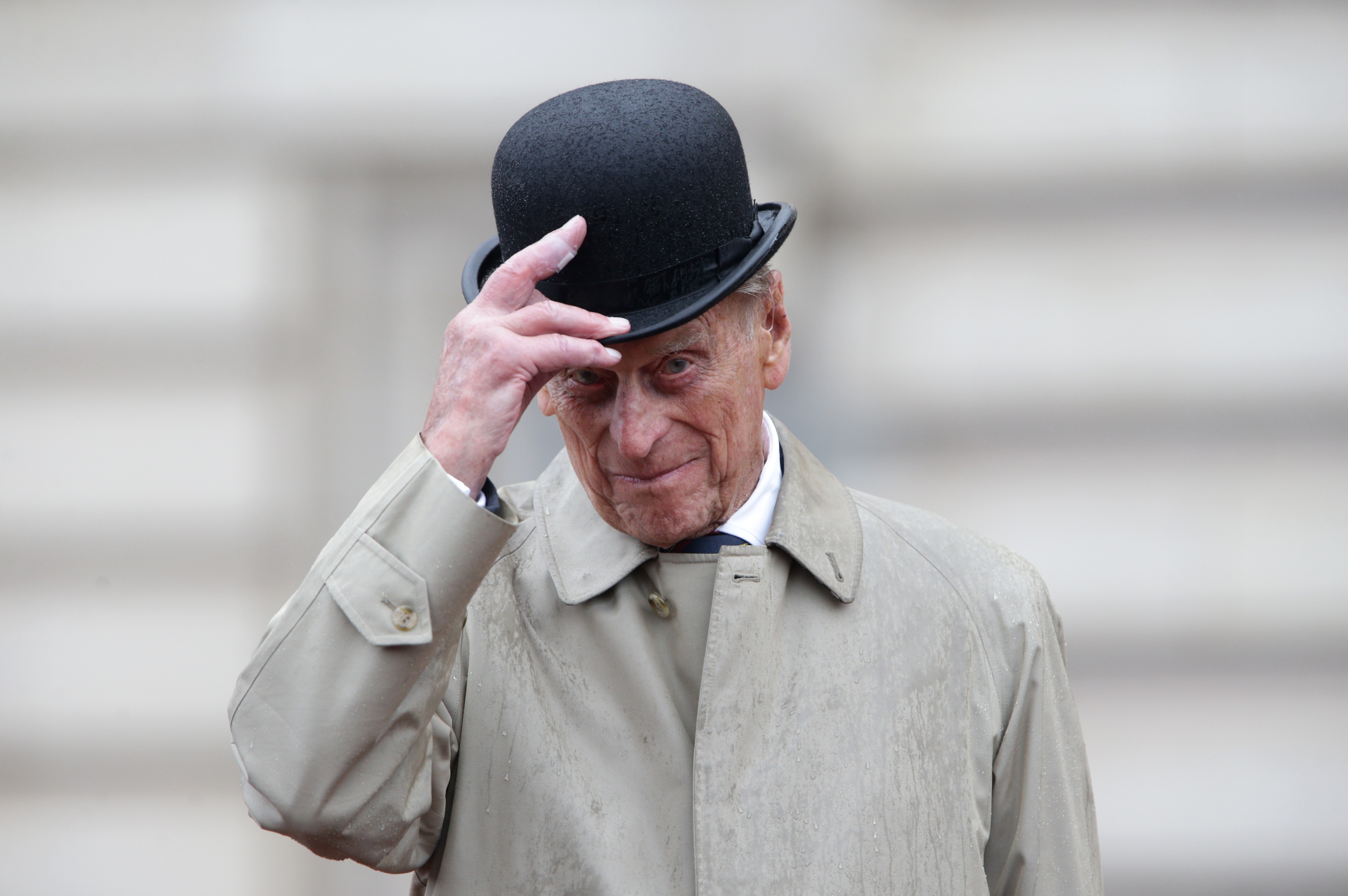The Real Reason Why Prince Philip’s Will Is Going to Remain a Secret
On April 9, 2021, Queen Elizabeth II lost her husband of 73 years. Prince Philip, Duke of Edinburgh, died peacefully at Windsor Castle. He was 99. His Royal Highness is survived by his four children, Princess Anne, Prince Charles, Prince Edward, and Prince Andrew, eight grandchildren, and 12 great-grandchildren.
At the time of his death, Philip had an estimated net worth of $30 million. While he did have a will, the contents shall remain secret by order of the High Court.
The death of the longest-serving consort of a monarch
Philip died just weeks before turning 100 years of age. Forbes claims, “The death of the Duke of Edinburgh is the latest hurdles in what has been a trying few years for the British royal family.”
Andrew’s relationship with Jeffrey Epstein, Prince Harry’s decision to step down as a senior member of the royal family, and Meghan, Duchess of Sussex’s accusations of poor treatment during the Oprah Winfrey interview has left the royals trying to regain a sense of normalcy in Buckingham Palace.
As consort to the monarch, Philip took part in more than 22,000 public engagements since Queen Elizabeth II ascended to the throne in 1952. In 2017, the duke retired from official royal duties. AP News reported the last time Philip was seen in public was in July 2020. He made a rare appearance to transfer a ceremonial military role to his daughter-in-law, Camilla, Duchess of Cornwall.
The Duke of Edinburgh spent several weeks before his death in a London hospital as a “precautionary measure” to monitor a preexisting heart condition.
The mystery of Prince Philip’s will

The BBC recently reported that “the Duke of Edinburgh’s will is to remain secret for at least 90 years to protect the ‘dignity and standing’ of the Queen.”
Sir Andrew McFarlane is the most senior judge and president of the Family Division of the High Court. Before making a ruling, he heard testimony from the attorney general, who represented the public’s interest. The monarch’s chief legal adviser and lawyers for Philip’s estate were present for the private meeting.
The judge was not privy to the contents of the Duke’s will and was only aware of the identity of the executor and the date the will was executed. According to People, Sir Andrew said, “I accepted the submission that, whilst there may be public curiosity as to the private arrangements that a member of the royal family may choose to make in their will, there is no true public interest in the public knowing this wholly private information.”
There has been recent speculation that the estate will be transferred to the Queen of England. Vanity Fair reported the Duke’s private secretary, page, and valet stood to receive a considerable amount of money for their role in taking care of Philip in his final years.
There are 30 wills kept in sealed envelopes that have never been opened
For more than a century, when a senior member of the royal family dies, their wills are sealed and not opened for public inspection. The BBC acknowledged that Sir Andrew “is the custodian of a safe containing more than 30 envelopes, each containing the sealed will of a dead member of the Royal Family.”
The practice began in 1910 when Queen Mary’s youngest brother, Prince Francis of Teck, died and left valuable emeralds to his mistress. The will was sealed and is among those held in safe-keeping.
Other known wills in Sir Andrew’s possession include the late Queen Mother and the queen’s sister, Princess Margaret, who died in 2002. The High Court intends to publish a listing of the names on the 30 envelopes contained in the safe.
According to The BBC, “after 90 years each royal will would be opened and examined by the monarch’s private solicitor.” Although some of the wills may be made public at that time, Sir Andrew claims “some royal wills may never be published, even in part.”



